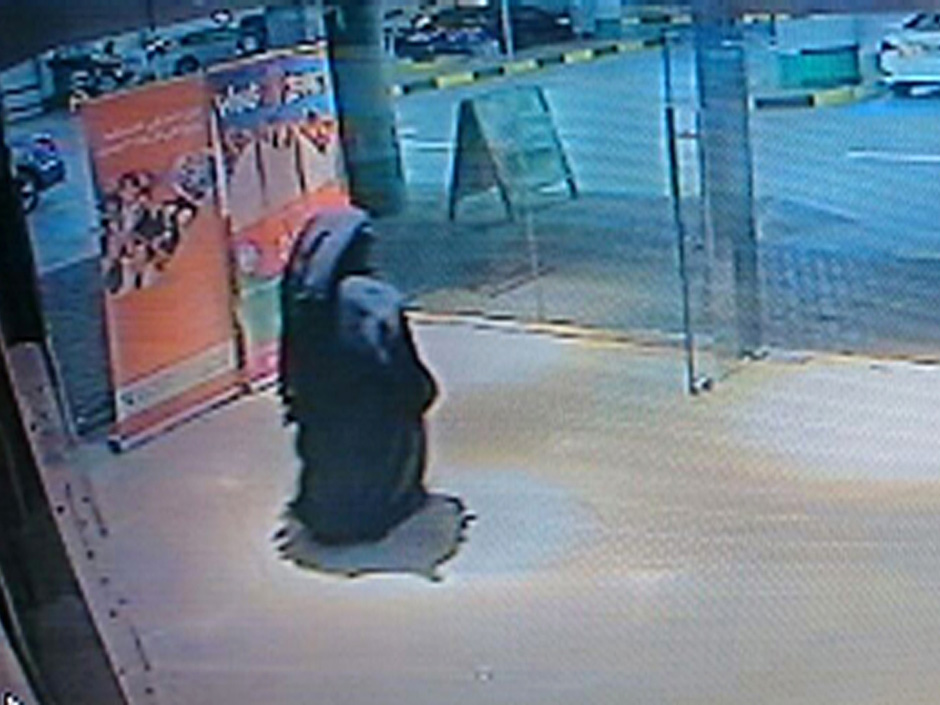-
Tips for becoming a good boxer - November 6, 2020
-
7 expert tips for making your hens night a memorable one - November 6, 2020
-
5 reasons to host your Christmas party on a cruise boat - November 6, 2020
-
What to do when you’re charged with a crime - November 6, 2020
-
Should you get one or multiple dogs? Here’s all you need to know - November 3, 2020
-
A Guide: How to Build Your Very Own Magic Mirror - February 14, 2019
-
Our Top Inspirational Baseball Stars - November 24, 2018
-
Five Tech Tools That Will Help You Turn Your Blog into a Business - November 24, 2018
-
How to Indulge on Vacation without Expanding Your Waist - November 9, 2018
-
5 Strategies for Businesses to Appeal to Today’s Increasingly Mobile-Crazed Customers - November 9, 2018
UAE carries out rare execution against woman found guilty of killing American
The execution, carried out just two weeks after the country’s top court delivered a guilty verdict, marked a swift end to a case that has rattled this Western-allied Gulf country, where violent crime is rare.
Advertisement
It cited prosecutors at the state security court but did not say how the execution was carried out.
Ala’a Badr Abdullah Al Hashemi was condemned to death for assaulting Romanian born Ibolya Ryan in the toilet of a shopping mall in Abu Dhabi Island and attempting to bomb an American-Egyptian doctor on 1 December 2014.
She also faced charges of “collecting explosive materials, funding a terrorist organisation and running a social media account with a view to tarnish the image of the UAE and its leaders”. She was given the death sentence in the State Security division of the Federal Supreme Court on June 29.
She also published information with an intent to harm the reputation and prestige of the State and its symbols.
Police officials tracked down al-Hashemi who was dressed in black from head-to-toe during the attacks within 48 hours at her house using CCTV footage. A blood-stained butchers knife was found at the scene.
Hashemi’s legal team had claimed that she needed psychological help, saying she had “unreal visions” and would see “ghost-like people” due to a chronic mental illness she suffered from, according to local daily The National. During her trial she occasionally burst into tears or bouts of laughter, the newspaper said.
Advertisement
In response, authorities said Hashemi embraced “jihadist ideology and then engaged in terrorist acts in support of terrorist organizations”, such as al Qaeda and Islamic State.





























